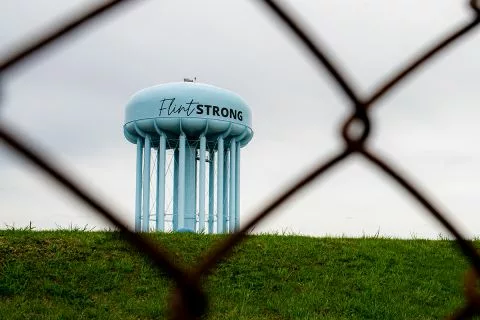“We are committed to getting the lead out at every home, and we are continuing to seek funding to replace additional lead service lines beyond the terms of the settlement agreement,” Neeley said.
Ten years have passed since an emergency manager appointed by the state switched Flint’s water source to save money. Doing so without properly treating pipes exposed drinking water to lead, and contributed to elevated blood lead levels among children.
Related:
That caused a health crisis, and 12 people died of Legionnaires’ disease during that time. However, numerous studies have shown that profound learning losses that many feared did not materialize, Bridge has reported.
The judge is overseeing Flint’s follow-through on the terms of a $97 million legal settlement involving Flint, the state, the Natural Resources Defense Council, Concerned Pastors for Social Action, Flint resident Melissa Mays and the American Civil Liberties Union of Michigan.
That settlement required the city to excavate service lines in about 31,500 homes, and replace those made of lead or galvanized steel. The work was originally supposed to be done in 2020, but has been dogged by repeated delays.
This spring, Lawson held Flint in contempt of court for its failure to finish the work.
The city finished service line replacements required by the settlement last week. But there are still about 1,900 homes in need of repairs after lawns, sidewalks and driveways were damaged during past pipe replacements.
If granted permission to take over, the state has vowed to finish repairs by August 2025. It estimates the work will cost upwards of $4.75 million.
Flint officials said they lacked money to do the work, because the pool of state money the city was using to conduct the work had only $1 million left.
Plaintiffs in the lawsuit that led to the 2017 settlement lauded the state’s decision to step in, saying it was long overdue.




